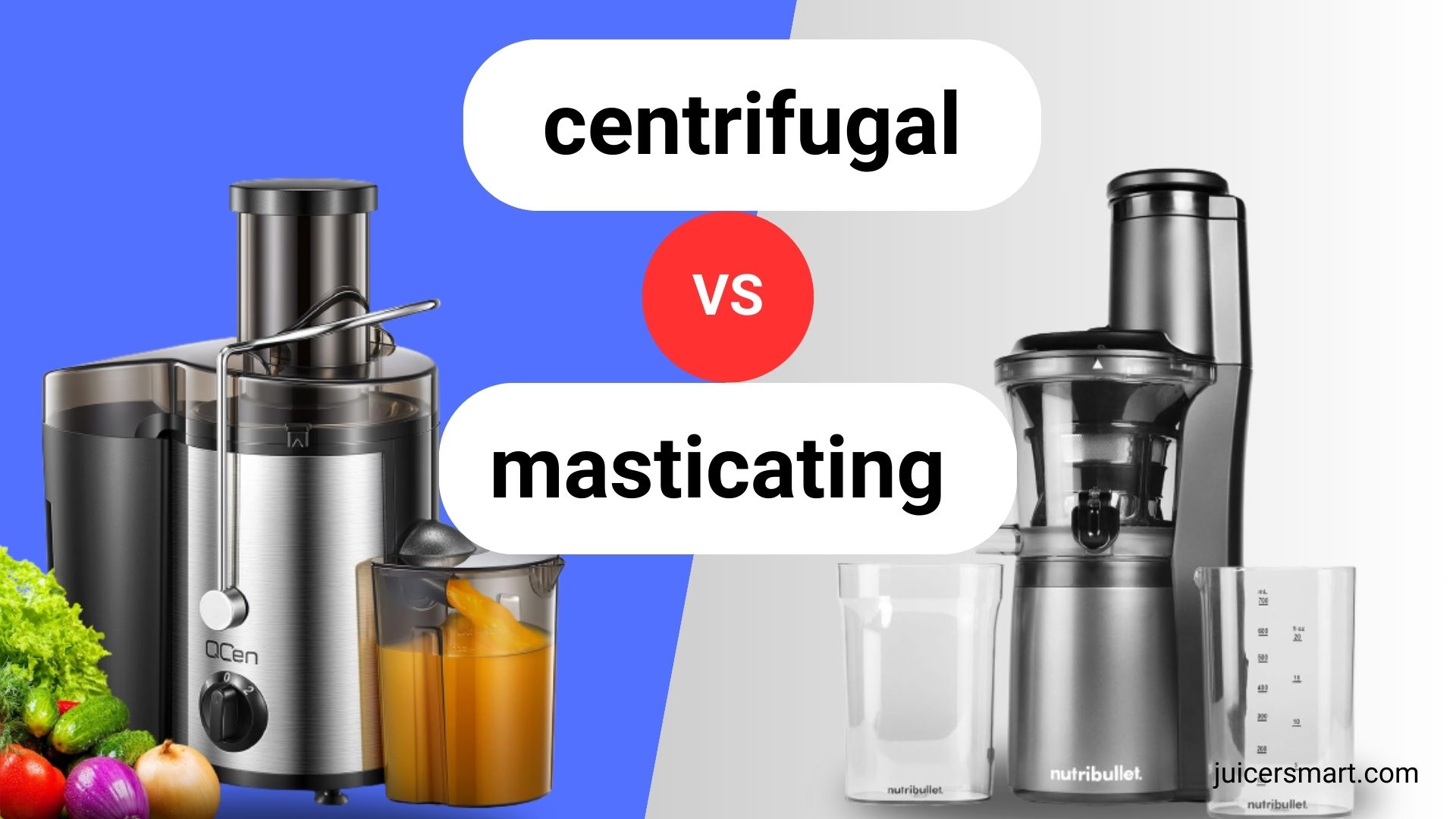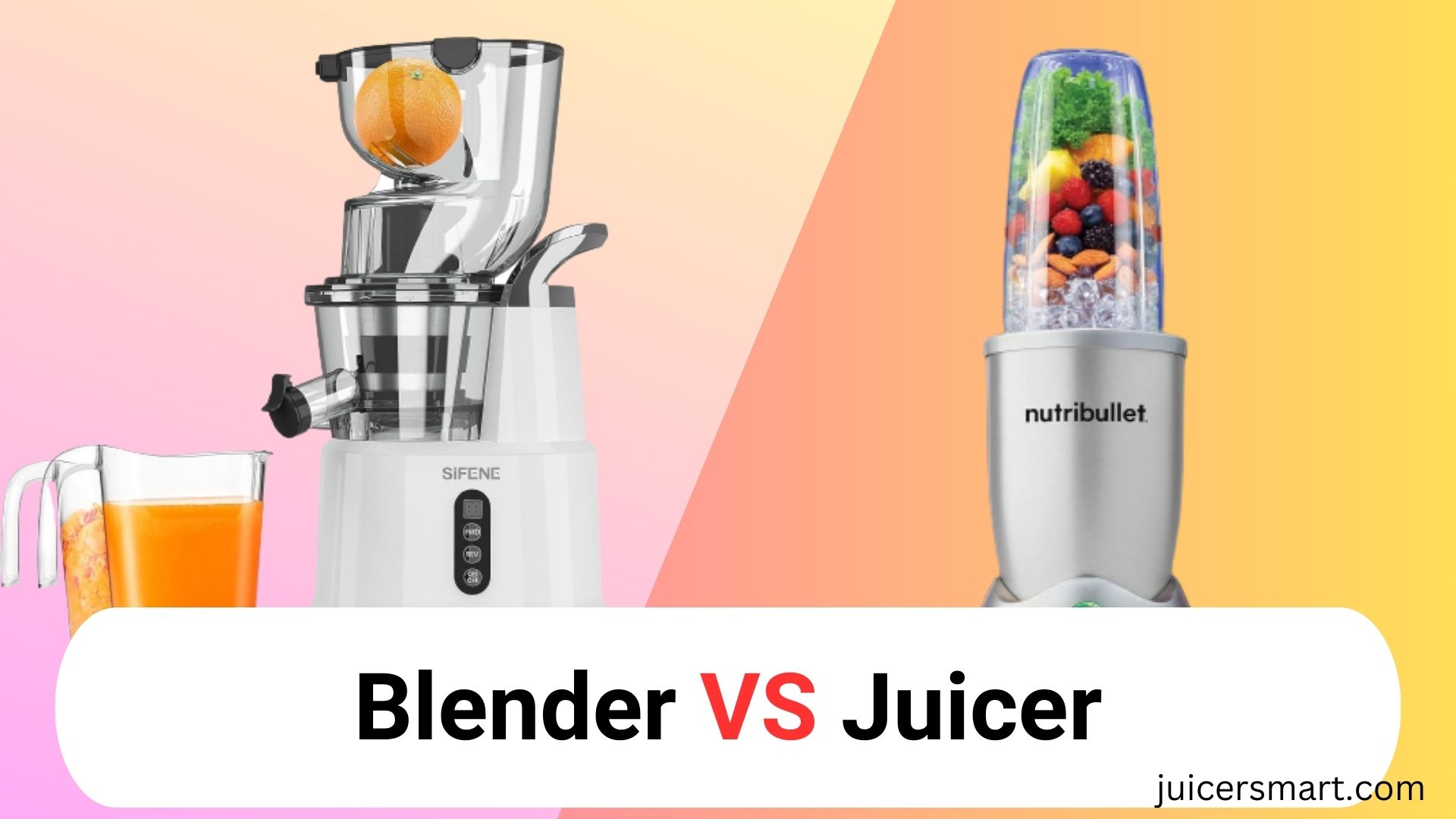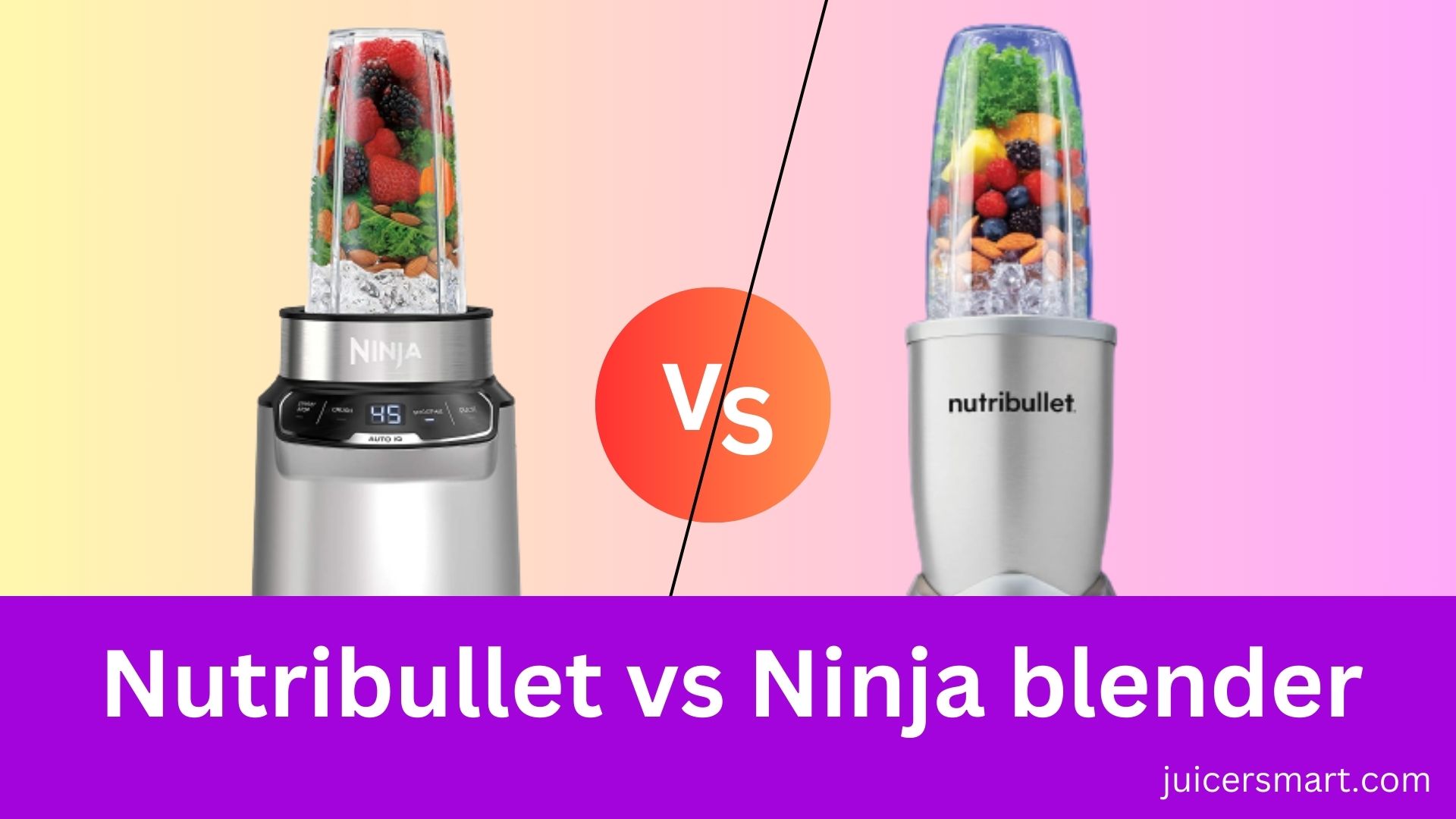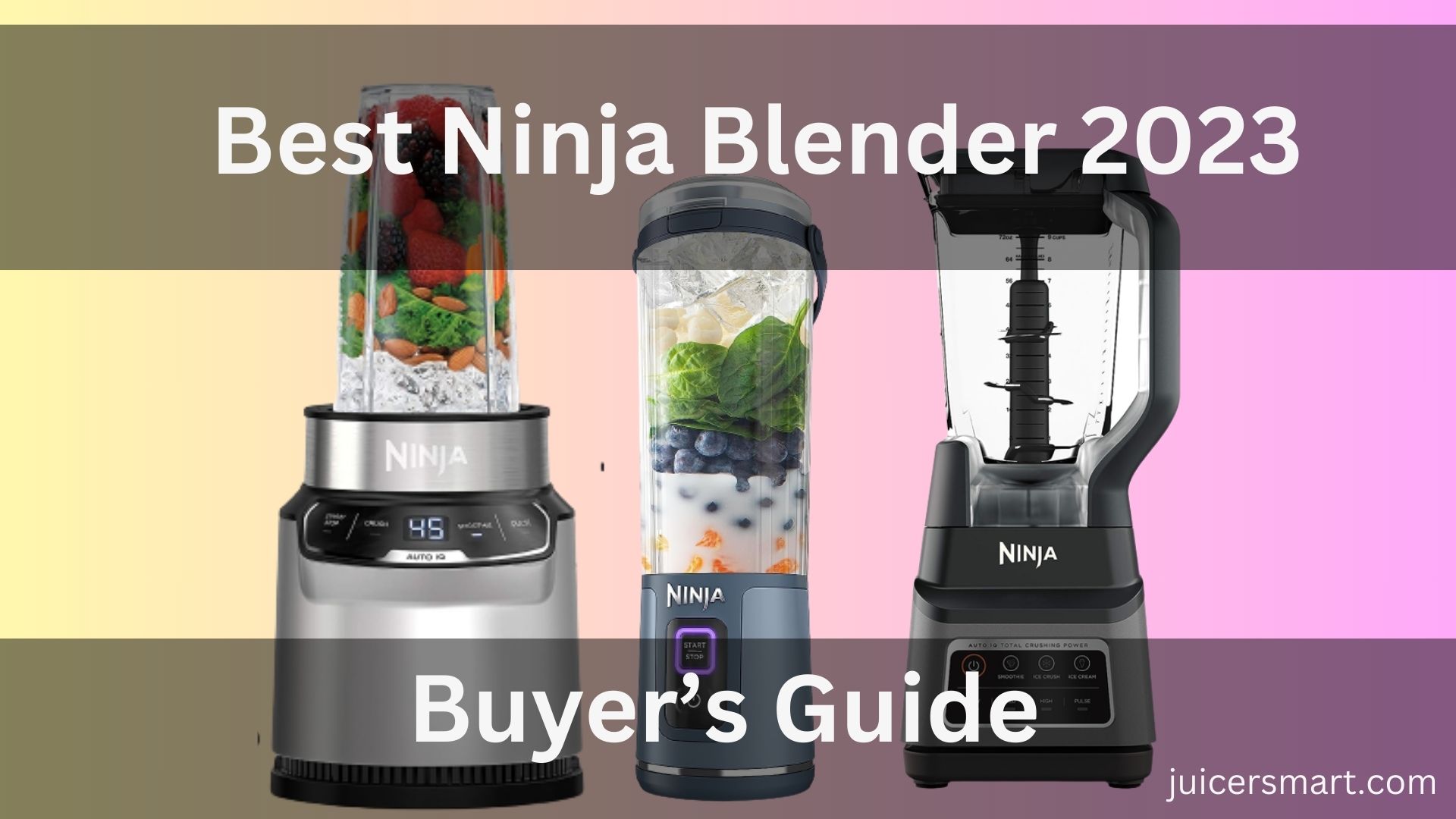difference between a centrifugal and masticating juicer

If you are looking for a juicer to make your own fresh and healthy juice at home, you might be wondering what is the difference between a centrifugal and a masticating juicer. These are the two main types of juicers that you can find in the market, and they have different features, advantages, and disadvantages. In this article, we will explain the difference between a centrifugal and a masticating juicer, and help you decide which one is best for you.
What is a centrifugal juicer?
A centrifugal juicer is a type of juicer that uses a fast-spinning metal blade and a sharp screen to shred and separate the juice from the pulp. The juice is then collected in a container, while the pulp is ejected into another container or a waste bin. A centrifugal juicer operates at a high speed, ranging from 6,000 to 14,000 revolutions per minute (RPM).
What are the pros and cons of a centrifugal juicer?
Some of the pros of a centrifugal juicer are:
- It is faster and easier to use than a masticating juicer. You can feed large pieces of fruits and vegetables through a wide chute, and get your juice in seconds.
- It is cheaper than a masticating juicer. You can find a good quality centrifugal juicer for less than $100.
- It is great for juicing hard fruits and vegetables, such as apples, carrots, and celery.
Some of the cons of a centrifugal juicer are:
- It produces a lower quality of juice than a masticating juicer. The fast-spinning blade and screen generate heat and friction, which can destroy some of the nutrients, enzymes, and antioxidants in the juice. The juice also tends to be thinner, more foamy, and less flavorful.
- It produces a lower yield of juice than a masticating juicer. The centrifugal juicer does not extract all the juice from the pulp, resulting in more waste and less juice. The juice also oxidizes faster, meaning that it will lose its freshness and quality over time. You should drink the juice as soon as possible, or store it in an airtight container in the refrigerator for up to 24 hours.
- It is louder than a masticating juicer. The high-speed motor and blade create a lot of noise, which can be annoying and disturbing.
What are some good brands for centrifugal juicers?
Some of the good brands for centrifugal juicers are:
- Breville: Breville is a well-known and reputable brand that offers a wide range of centrifugal juicers, such as the Breville Juice Fountain Elite, which is rated as the best overall centrifugal juicer by TechRadar. Breville juicers are fast, easy, and efficient, and can handle large pieces of fruits and vegetables. Breville juicers also have a sleek and modern design, and a variety of features and functions.
- Kuvings: Kuvings is another popular and reliable brand that offers high-quality centrifugal juicers, such as the Kuvings NJ9500, which is rated as the best classic centrifugal juicer by Juicer Spot. Kuvings juicers are powerful, durable, and versatile, and can extract more juice and nutrients from hard fruits and vegetables. Kuvings juicers also have a low noise level, a large feed chute, and a safety lock system.
- Hamilton Beach: Hamilton Beach is a budget-friendly and user-friendly brand that offers affordable and simple centrifugal juicers, such as the Hamilton Beach Big Mouth Juicer, which is rated as the best warranty centrifugal juicer by Juicer Spot. Hamilton Beach juicers are easy to use and clean, and can produce a decent amount of juice in a short time. Hamilton Beach juicers also come with a long warranty, up to 5 years for some models.
What is a masticating juicer?
A masticating juicer is a type of juicer that uses a slow-turning auger (a large corkscrew) to crush and squeeze the juice from the pulp. The juice is then collected in a container, while the pulp is ejected into another container or a waste bin. A masticating juicer operates at a low speed, ranging from 40 to 100 RPM.
What are the pros and cons of a masticating juicer?
Some of the pros of a masticating juicer are:
- It produces a higher quality of juice than a centrifugal juicer. The slow-turning auger and screen preserve more nutrients, enzymes, and antioxidants in the juice. The juice also tends to be thicker, less foamy, and more flavorful.
- It produces a higher yield of juice than a centrifugal juicer. The masticating juicer extracts more juice from the pulp, resulting in less waste and more juice. The juice also lasts longer, as it does not oxidize as fast as the juice from a centrifugal juicer. You can store the juice in an airtight container in the refrigerator for up to 72 hours.
- It is quieter than a centrifugal juicer. The low-speed motor and auger create a low hum, which is more pleasant and relaxing.
Some of the cons of a masticating juicer are:
- It is slower and more expensive than a centrifugal juicer. You have to feed small pieces of fruits and vegetables through a narrow chute, and wait for the juice to come out. A good quality masticating juicer can cost from $200 to $500 or more.
- It is not very good for juicing soft fruits and vegetables, such as berries, grapes, and tomatoes. The masticating juicer can clog or jam with these types of produce, and produce a mushy and watery juice.
What are some good brands for masticating juicers?
Some of the good brands for masticating juicers are:
- Omega: Omega is a well-known and reputable brand that offers a wide range of masticating juicers, such as the Omega NC900HDC, which is rated as the best overall masticating juicer by Taste of Home. Omega juicers are durable, versatile, and efficient, and can handle various types of produce, including leafy greens, nuts, and wheatgrass. Omega juicers also come with a long warranty, up to 15 years for some models.
- Kuvings: Kuvings is another popular and reliable brand that offers high-quality masticating juicers, such as the Kuvings Whole Slow Juicer, which is rated as the best whole slow juicer by BBC Good Food. Kuvings juicers are designed to extract more juice and nutrients from whole fruits and vegetables, without the need to chop them into small pieces. Kuvings juicers also have a sleek and modern design, and a variety of accessories and functions.
- Hurom: Hurom is a premium and innovative brand that offers advanced and stylish masticating juicers, such as the Hurom HAA Slow Juicer, which is rated as the best splurge juicer by Tom’s Guide. Hurom juicers use a patented slow squeeze technology that mimics the motion of hand-squeezing, resulting in a smooth and rich juice. Hurom juicers also have a low noise level, a compact size, and a self-cleaning system.
Differences between centrifugal and a masticating juicer:
A centrifugal and a masticating juicer are two different types of juicers that use different methods to extract juice from fruits and vegetables. Here are some of the main differences between them:
- A centrifugal juicer uses a fast-spinning metal blade that spins against a mesh filter, separating juice from flesh via centrifugal force. A masticating juicer uses an auger that crushes and grinds produce, extracting the juice and leaving behind the pulp.
- A centrifugal juicer is faster than a masticating juicer, as it can process large pieces of produce in seconds. A masticating juicer is slower, as it can only handle small pieces of produce at a time and operates at a low speed.
- A centrifugal juicer is cheaper than a masticating juicer, as it has fewer parts and a simpler design. A masticating juicer is more expensive, as it has more parts and a more complex design.
- A centrifugal juicer produces more foam and less nutrients, as it introduces heat and oxygen to the produce, which can destroy some enzymes and antioxidants. A masticating juicer produces less foam and more nutrients, as it preserves the natural flavor and color of the produce, and retains more enzymes and antioxidants.
- A centrifugal juicer produces less juice and more waste, as it leaves behind wet pulp that contains some juice. A masticating juicer produces more juice and less waste, as it squeezes out every drop of juice from the pulp.
- A centrifugal juicer works well on hard fruits and vegetables, such as carrots, apples, and celery. A masticating juicer works well on soft fruits and vegetables, including leafy greens such as spinach or kale.
Depending on your preferences, budget, and needs, you can choose between a centrifugal or a masticating juicer. Both types of juicers have their advantages and disadvantages, so you should consider the factors that are important to you before making a purchase.
Which juicer should you buy?
The answer depends on your personal preferences, budget, and juicing goals. If you want a fast, easy, and affordable juicer that can handle hard fruits and vegetables, you might prefer a centrifugal juicer. If you want a slow, quiet, and expensive juicer that can produce high-quality juice with more nutrients and yield, you might prefer a masticating juicer. You can also find hybrid juicers that combine the features of both types, such as the Breville Juice Fountain Cold, which is a centrifugal juicer with a cold spin technology that reduces heat and oxidation. Ultimately, the best juicer for you is the one that suits your needs and lifestyle, and that you will use regularly and enjoy. Happy juicing!



Leave a Reply